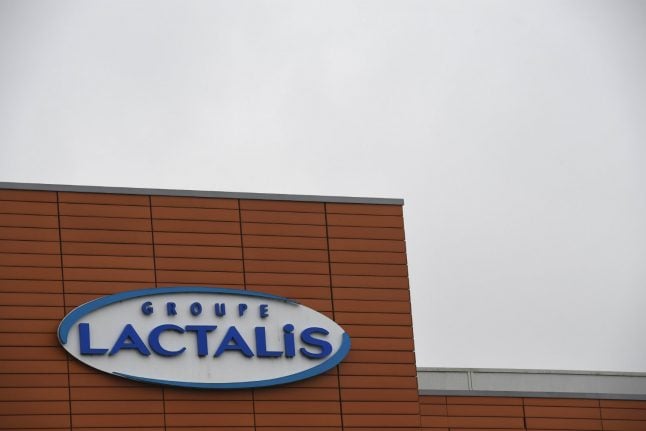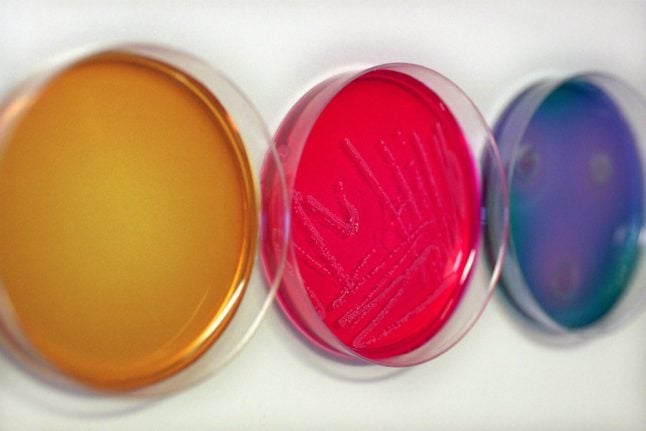The announcement came as economy minister Bruno Le Maire said Lactalis would have to extend its product recall to all milk products at the affected production site.
“I've filed a lawsuit. Hundreds of other families have already filed suits across France,” said the association's president Quentin Guillemain during a press conference.
“Several hundreds more want to file suit, and will do so in the coming days,” he said.
So far French officials have reported 35 cases of children getting salmonella poisoning from the contaminated milk powder, while one case has been reported in Spain and another is being investigated in Greece.
Asked about the discrepancy between the reported cases and the number of lawsuits, Guillemain said he believed the authorities were underestimating the number of cases.
“Unfortunately we have not been able to compare our own figures” with those of health authorities, he said, “and today I can't tell you how many victims there are exactly”.
He estimated that “tens of millions of cans” of powdered baby milk, exported to 66 countries, may have been contaminated by the salmonella outbreak discovered in December at Lactalis's site in Craon, northwest France.
Le Maire announced the extended recall after meeting with the company's chief executive Emmanuel Besnier, saying he had asked the company to “make an effort at more transparency”.
Besnier himself did not make a statement, as several officials have pressed him to do given the public alarm and chaotic recall efforts so far.
Health inspectors have discovered, for example, that several retailers, including supermarkets and pharmacies, had continued to keep the affected products on their shelves despite the recall order.
On Thursday, a spokesman for Lactalis, Michel Nalet, apologised once again to parents, adding that the firm was working “in perfect collaboration” with French officials to contain the outbreak.
The claim was rebuffed by Le Maire, who told French television: “If there had been perfect collaboration, I wouldn't have had to sign an order on December 9th demanding the recall of more than 600 shipments of baby milk”.
Of the 18 children hospitalised in France, all have been released and are doing fine, France's public health agency said, while the condition of the children in Spain and Greece has not been disclosed.
READ ALSO: French food safety inspectors 'missed salmonella at baby milk plant'



 Please whitelist us to continue reading.
Please whitelist us to continue reading.